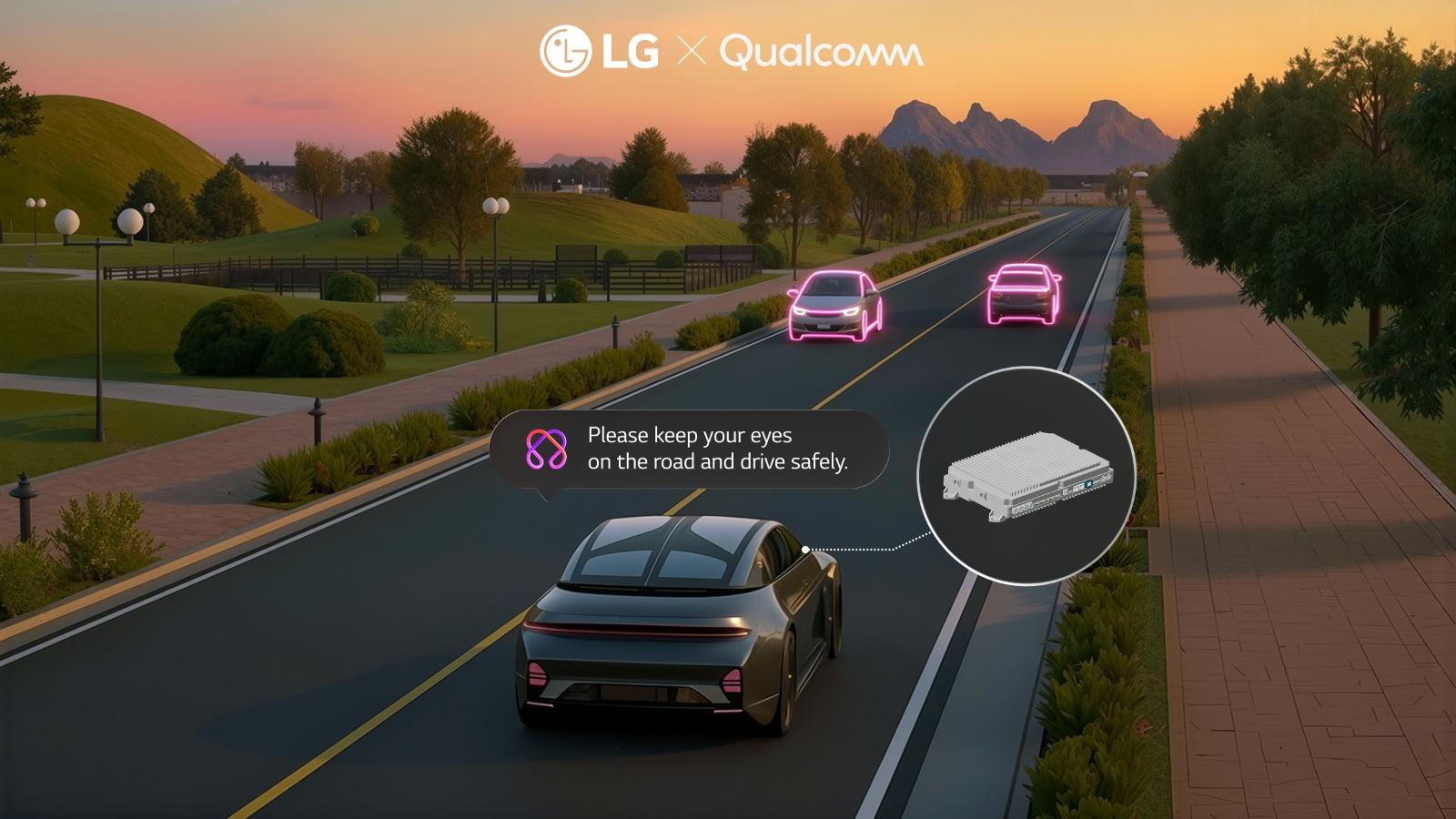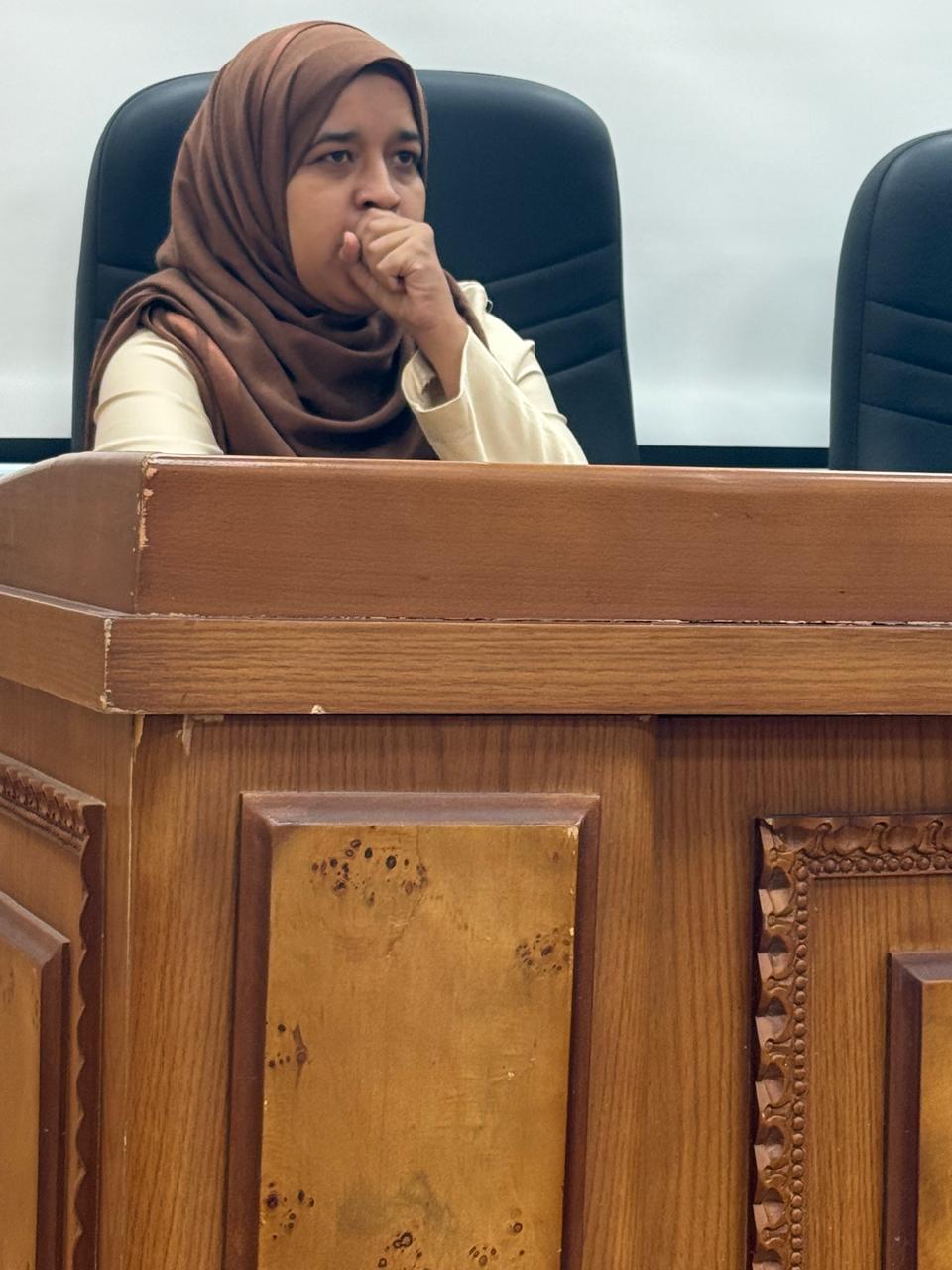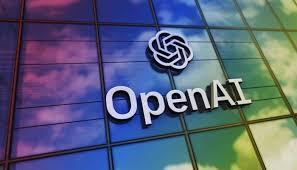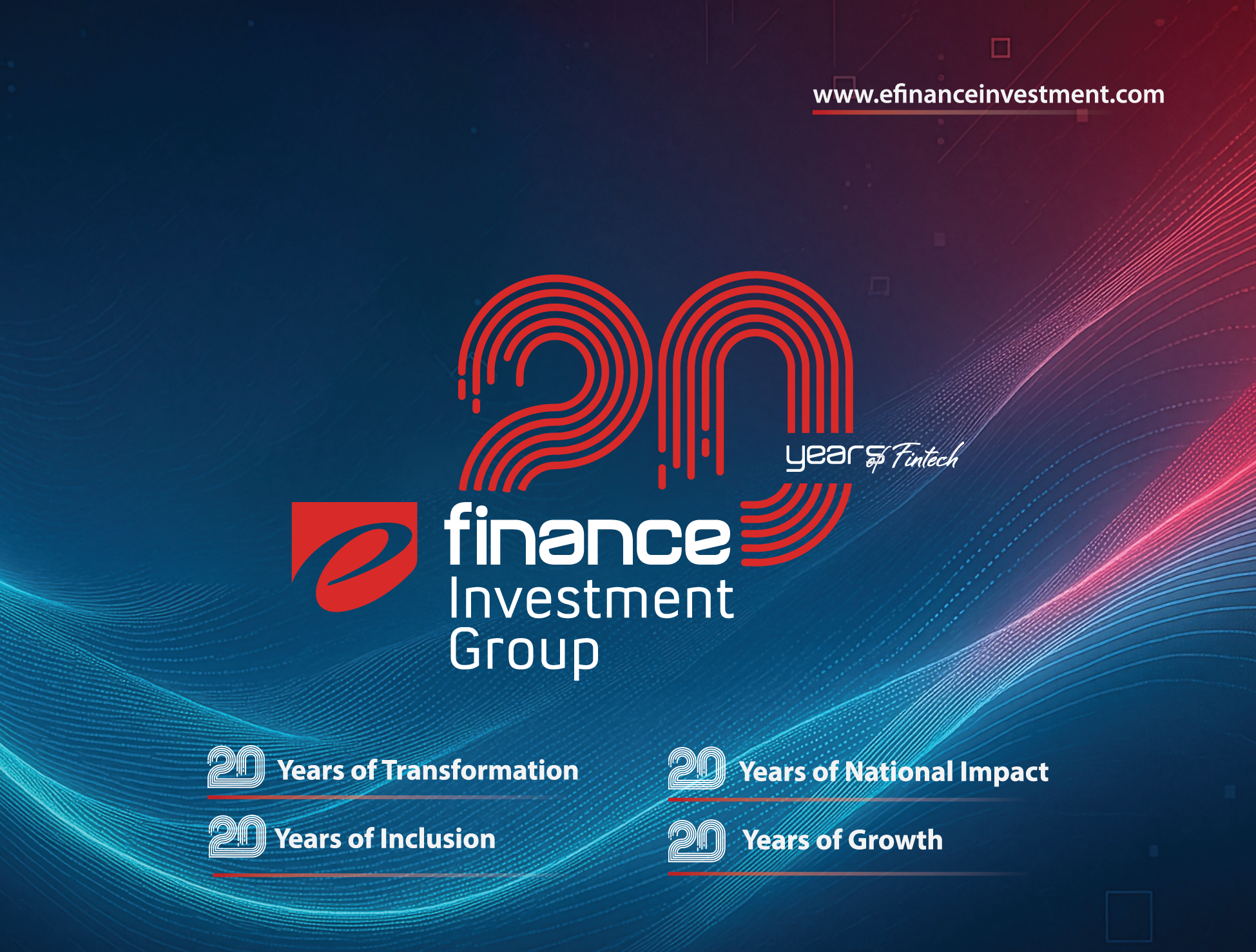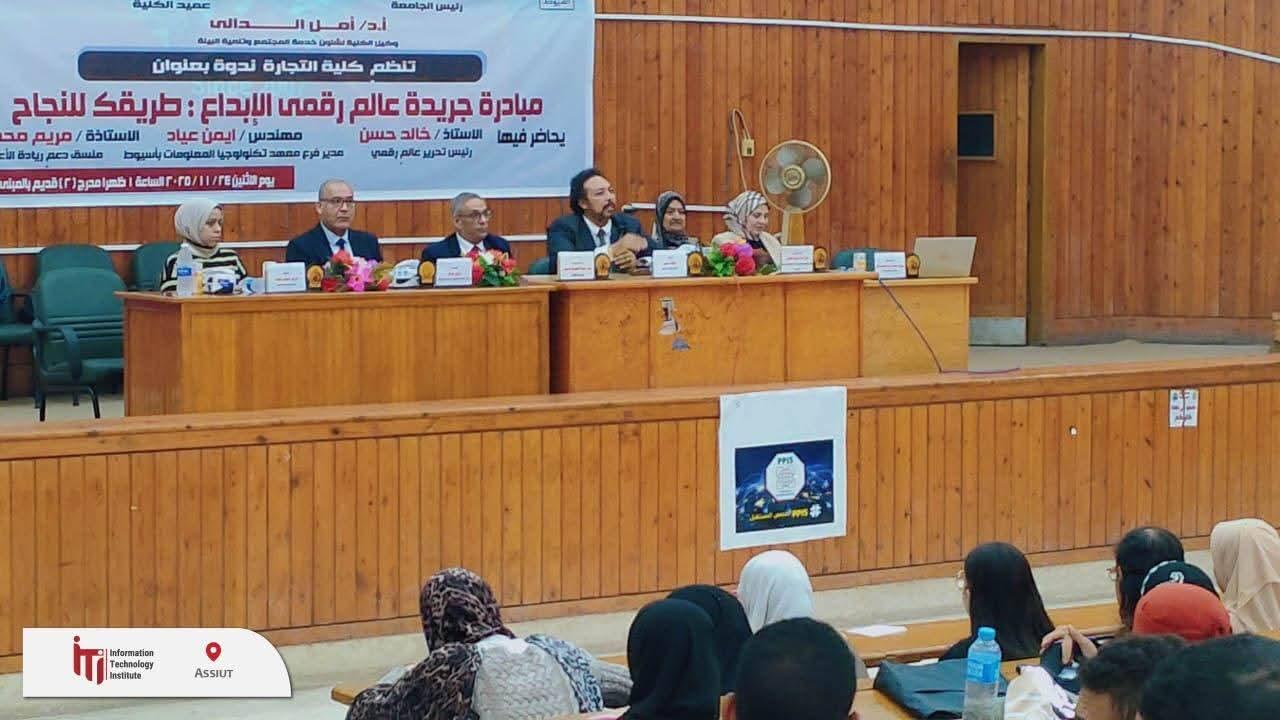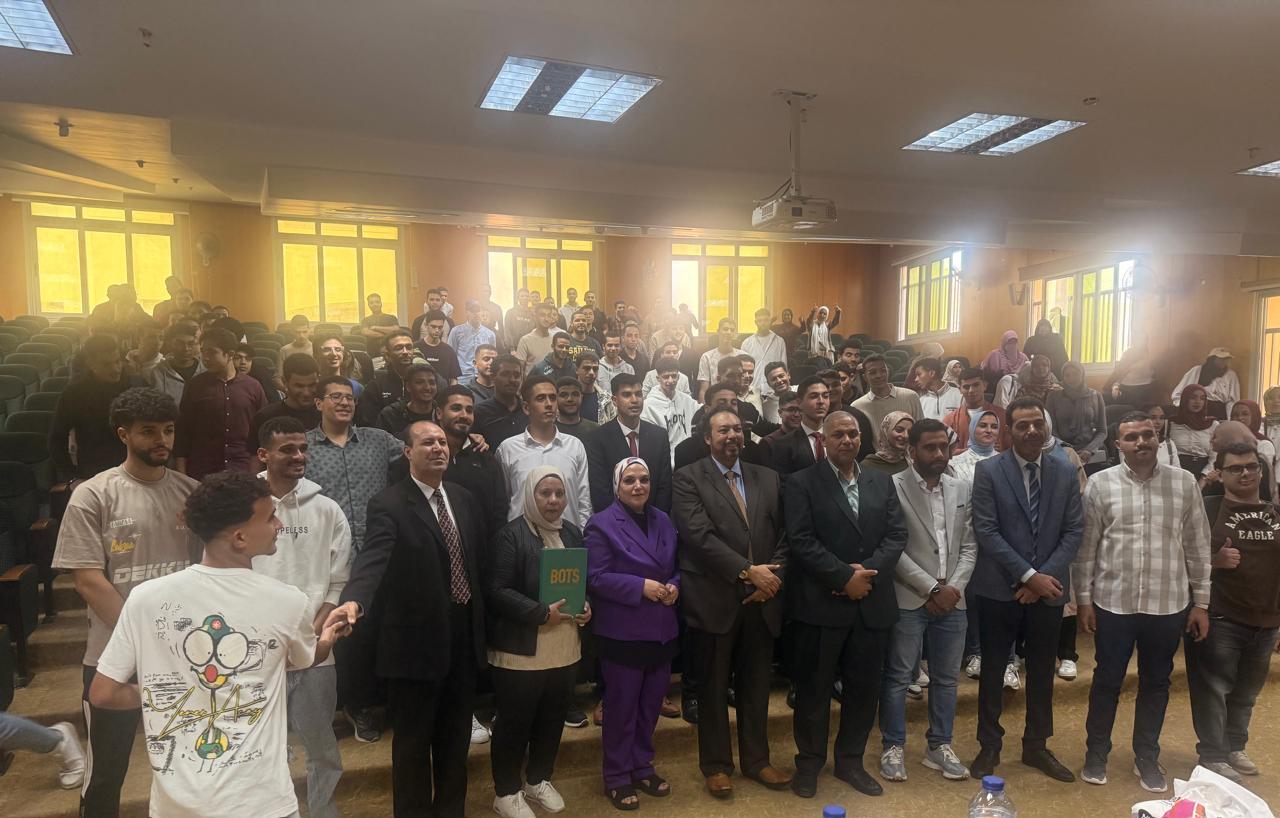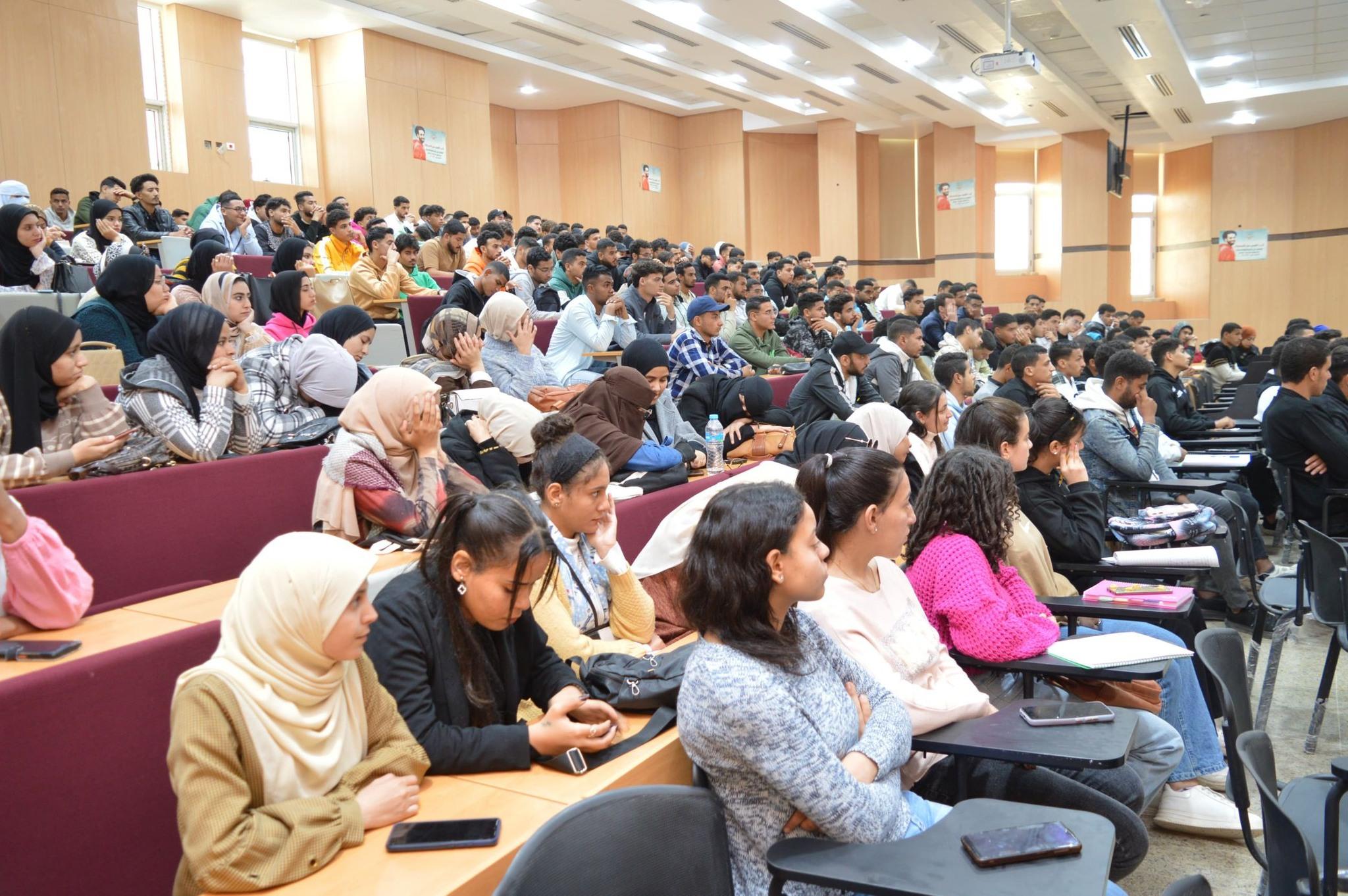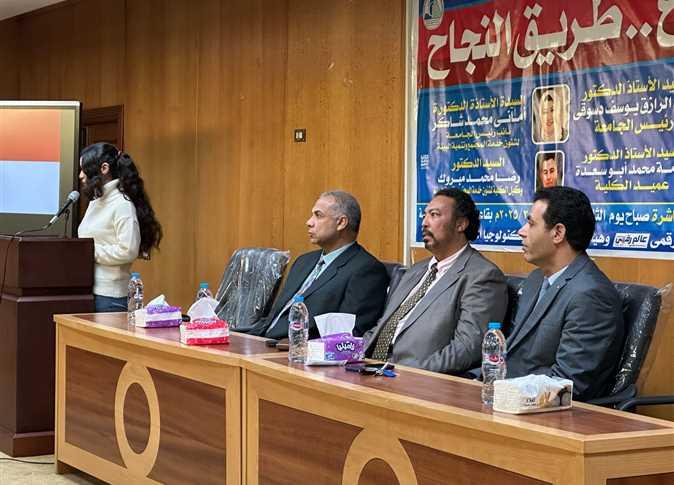written by : Josiane Sadaka,
CEO of Blue Carbon
Climate change is one of the greatest environmental challenges, and social concern about it grows year by year.
According to the International Energy Agency (IEA), Power-coal is the largest emitter of energy-related CO2 (29%), followed by Industry (23%), Transport (23%), Buildings (10%), Power-gas (9%) and Power-oil (2%).
Considering that sustainability has become more important than ever before, decarbonisation is imperative. In simplistic terms, decarbonisation aims to reduce carbon emissions resulting from human activity, with an ultimate goal to end it.
To attain deep decarbonisation, public and private companies, entrepreneurs, and citizens need to rethink how we produce and consume energy and develop a framework to switch to renewable or low-energy resources. Several countries and companies across all industries are working towards initiatives to become carbon neutral by 2050. While progress is being made at global, national, sector and local levels, there still is a lot that needs to be addressed.
According to experts, the world will require an estimated average of $5 trillion a year until 2050 of climate-related investments to reach net-zero goals.
In the same context, the UAE’s Blue Carbon was formed to create environmental assets, nature-based solutions and register carbon removal projects under eligible methodologies. Blue Carbon deploys natural-based removal and emerging technological strategies to help businesses and government utilities define their sustainable frameworks and transit to a low carbon economy.
The company has a portfolio of several clients and aims to assist them in achieving carbon emission. Recently Blue Carbon also signed an agreement with Oracle Energy Limited, to enable Oracle Energy to cut down its carbon emissions and explore opportunities to advance its net-zero goals.
The company is also assisting the UAE with several milestone projects as the country aims to become carbon neutral by 2050 and is focusing on the development of clean energy projects. The UAE has Dh600bn worth of clean and renewable energy investments planned over the next three decades.
While we understand that decarbonisation will lead to a green and enhanced climate model, phasing out the use of fossil fuels will also boost the economy. According to research conducted by the New Climate Economy, expanding low-carbon technologies could result in economic benefits to the tune of $26 trillion by 2030
It is therefore important that every business reviews how carbon removal can be incorporated into their operations to create a global culture of accountability for carbon emissions. A process of continual improvement and decarbonisation will reduce reliance on others and enhance self-sustainability.








